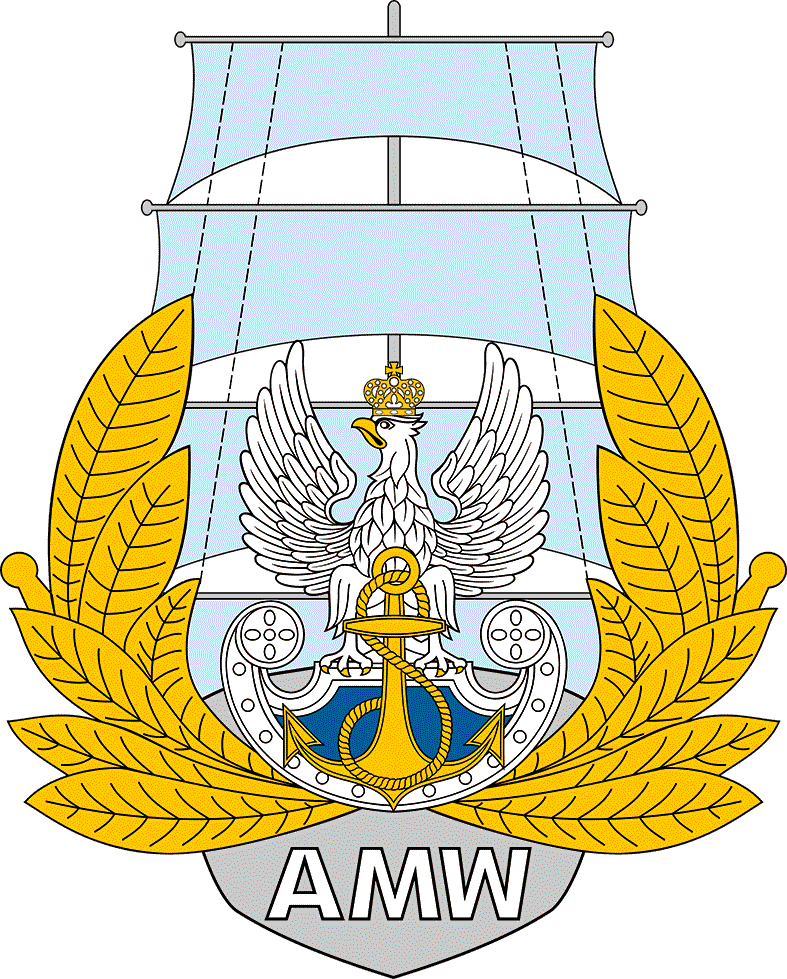IMMIGRATION AS A DETERMINANT OF RELIGIOUS DIVERSITY IN SUPER-DIVERSE SOCIETIES, AS EXEMPLIFIED BY GREAT BRITAIN
Keywords:
migration, Great Britain, religion, immigrant, super-diversityAbstract
In the second decade of the 21st century, British society reached a state known as “super-diversity”: it became a complex collage of races, religions and nationalities. The author argues that the religious diversity observed in contemporary Great Britain is a result of migration processes which reached considerable intensity in the second half of the 20th century. Opening the labour market to citizens of former colonies led to an inflow of workers belonging to cultures in which religion largely determined the identity of the individuals and social groups. The country of origin is a particularly important factor in the integration of immigrants into the host society, as it determines the individual's ethnicity, identity, religious practices, clan or tribal affiliation and regional identity. Acceptance of religious diversity, which is an element of the multicultural model of immigrant integration, is an important determinant of tolerance for cultural differences in British public life.
Downloads
Published
Issue
Section
License

This work is licensed under a Creative Commons Attribution-NonCommercial-NoDerivatives 4.0 International License.






